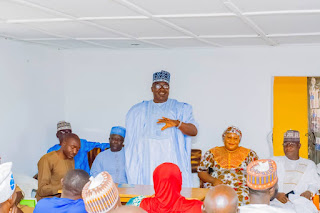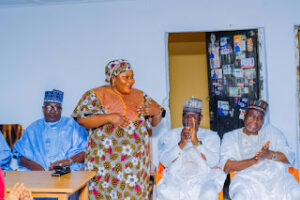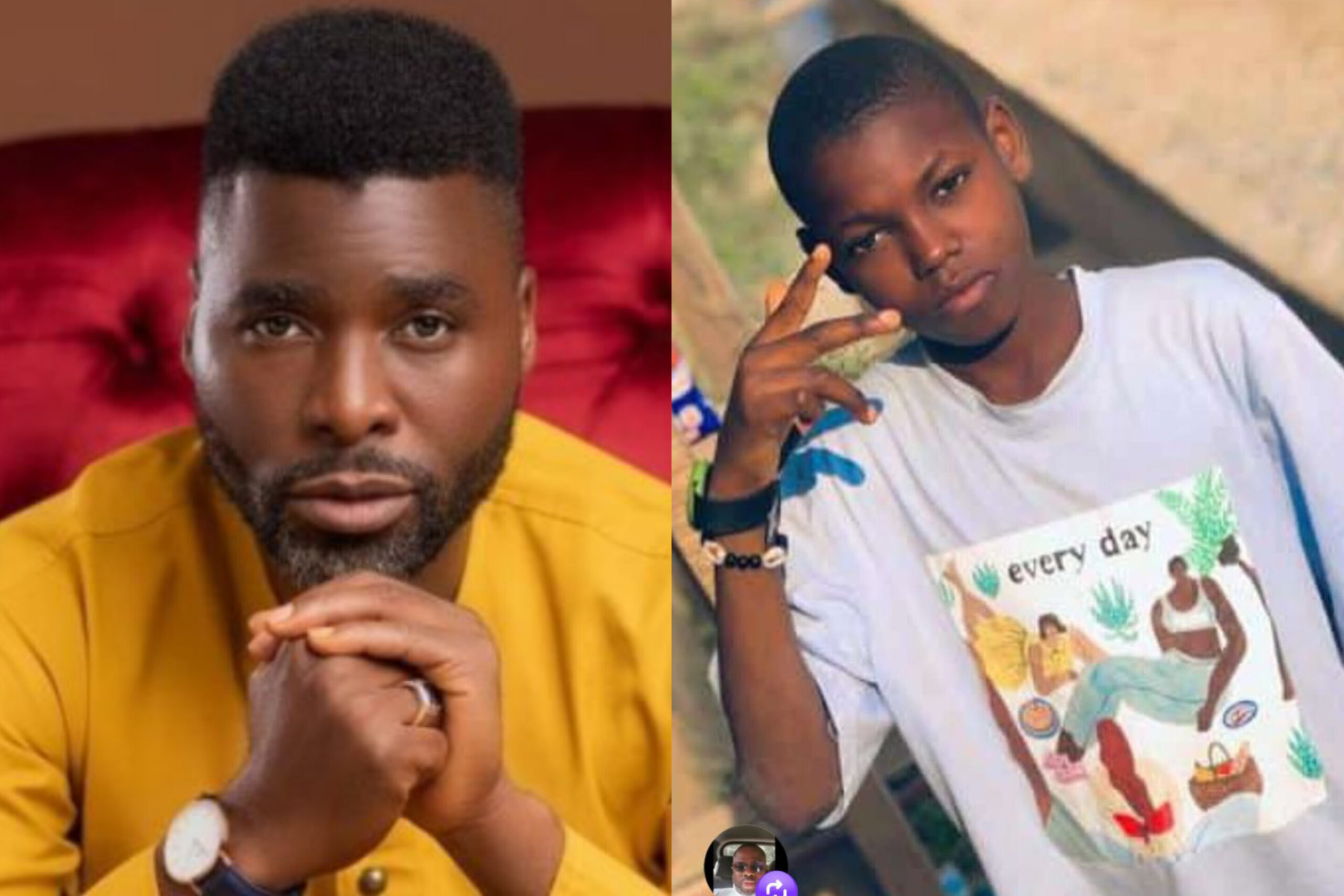A 12-year-old girl, Blessing (not real name), is said to be experiencing trauma after she was allegedly gang-raped by four masked men at her residence in Abijo area of Ajah, Lagos State.
She was said to have been raped while playing alone in the compound around 2 pm on Thursday.
According to Saturday PUNCH, the victim, a secondary school pupil, was left bleeding from injuries she sustained in her private parts.
When our correspondent reached out to her mother on Friday morning, the victim was said to be asleep after receiving medical treatment.
The mother, identified simply as Anthonia, explained that she was not in the house when the perpetrators raped her daughter.
“I went to the office and was called (on the phone) and told that my daughter was raped in our house. I learnt she was having her online class when suddenly, there was a power outage. My husband rushed out to get fuel at a filling station so that she could participate in the class seamlessly,” the mother recalled amid futile attempts to control her emotions.
She stated, “Favour told us that while she was in the compound, four masked men jumped into the house through the fence. They took her inside and took turns to have sex with her, leaving her with multiple injuries.”
The distraught mother said incidentally in her office, she was listening to a radio programme about the recent wave of rape incidents in the country on the day her daughter was raped. Little did she know that her daughter would also become a victim.
“Immediately I received the call, I became so mad. I headed for the hospital where my daughter was rushed to. When I got there, I was told she suffered from ‘vaginal trauma’. The underneath of her clitoris was bruised and she had a deep tear that made her bleed severely,” Anthonia explained, painting a graphic picture of the cruel assault.
“She could have passed out if not that her dad got back home early. She lost a lot of blood. The bleeding stopped after the tear was stitched; although, she is still experiencing very severe pain,” the mother added.
Anthonia said the case had been reported at Ajiwe Police Station in Ajah.
She said, “I don’t think we are secure anymore because it seems like we are being monitored. They perpetuated their evil within the few minutes it took my husband to buy fuel.
“They could not enter through the gate because of ongoing construction at a building opposite ours. The site was crowded and that made them avoid entering through the front door. They scaled the fence. Some policemen followed us to the house and saw how the attackers scattered our things around.”
When our correspondent called Anthonia back on Friday evening, the victim was said to be suffering from trauma and could not speak on the incident.
The Police Public Relations Officer in the state, DSP Bala Elkana, said the command had been duly informed of the crime and investigations were ongoing.
He said, “The police have been duly informed of the atrocity and have commenced an investigation into the case. We are on the trail of the culprits. It’s a bit complicated because those guys wore face masks, which makes us suspect the culprits are people close to them. They probably covered their faces to conceal their identities.”

 BIG STORY5 days ago
BIG STORY5 days ago
 BIG STORY3 days ago
BIG STORY3 days ago
 BIG STORY5 days ago
BIG STORY5 days ago
 BIG STORY2 days ago
BIG STORY2 days ago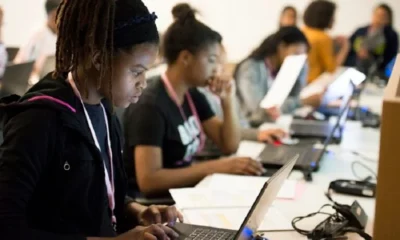
 BIG STORY4 days ago
BIG STORY4 days ago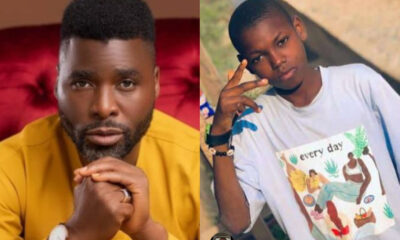
 BIG STORY2 days ago
BIG STORY2 days ago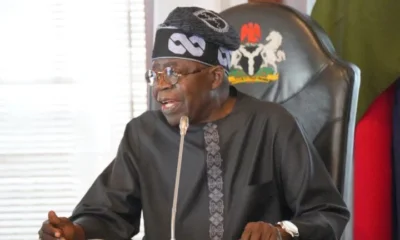
 BIG STORY4 days ago
BIG STORY4 days ago
 BIG STORY4 days ago
BIG STORY4 days ago




















